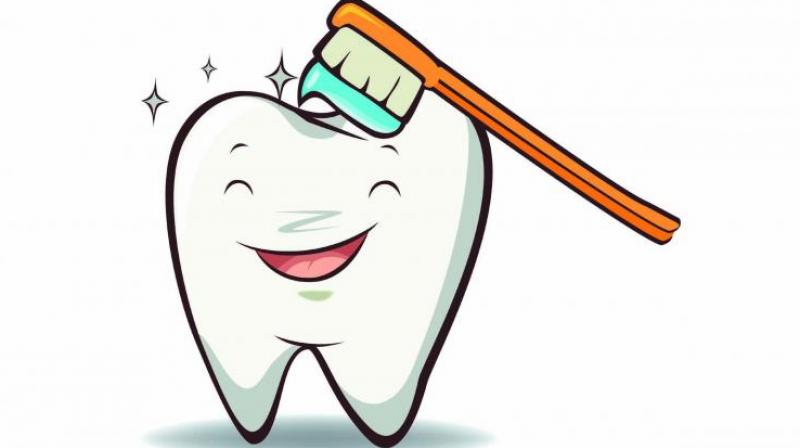Pearly whites
Protect your teeth by taking necessary preventative care.

Often, food gets stuck between broken or missing teeth, leading to serious tooth and gum infections. These are the major causes of dental pain and tooth decay. Recent surveys on dental implants, however, show that 50 per cent of the patients do not take up any treatment as they are afraid of the tooth pain. It has been found that proper preventive care often takes a back seat, due to the anxiety that drives these patients. Dr Ajay Sharma, senior consultant dentist and implantologist, explains how anxiety often worsens most of the preventive measures, making treatment difficult for people.
Q. Tooth pain has often been feared, but what is the ratio of fearful versus co-operative patients?
We have found the ratio to be 50:50. The fearful fail to get the right preventive care due to the anxiety of pain that drives them. This has consequences which go far beyond dental pain and often result in loss of teeth. Our main motto now among the dental circles is to save the tooth. This is because it will help in keeping the jaw line intact and it will also protect the oral cavity from early onset of diseases. Also, to protect the tooth, in case of pain, it is important to treat bad breath from the mouth, as also broken or chipped tooth. When this is carried out on time, the tooth can be saved. But with patients not seeing the dentist on time, they often lose out on the preventive care that is cheaper and easy to follow.
Dental surgery is a difficult, painful process no matter what the procedure, but it is important to have an implant done immediately before there is scarring of tissue or shifting of teeth.
Q. Often people at advanced ages begin to lose teeth, especially women during menopause. How can an implant improve their oral health problems?
For older patients suffering from diabetes, or during the post-menopause stage, the result of implant has shown that there is an improvement in their quality of life. But maximum patients come with decay and severe infection in their teeth. Due to this, several teeth need to be removed and a complete new set of implants are placed. Care of the teeth is not to its optimum level as practices of brushing the teeth are not properly followed.
Q. What about those addicted to tobacco and alcohol? Is there any possibility of saving their teeth?
Tobacco has a huge impact on oral cavity as the gums, teeth, tongue and cheek are often diseased. In such patients, it becomes a huge challenge as they are already suffering from multiple complications in the oral cavity. Cancer patients can opt for dental implants, but only after two years of successful completion of chemotherapy and radiotherapy.
Q. How long is the implanted teeth effective?
Just like any dental implant, patients will require follow ups every few years. Even though this is a permanent solution, daily wear and tear of the tooth cannot be controlled.

